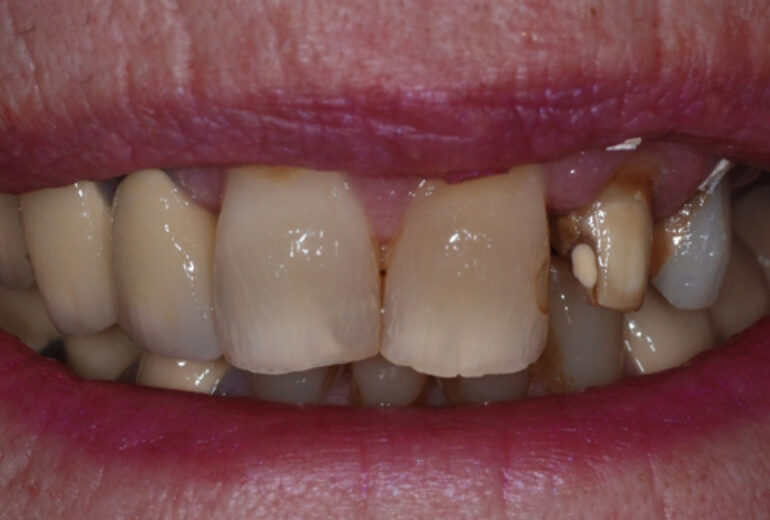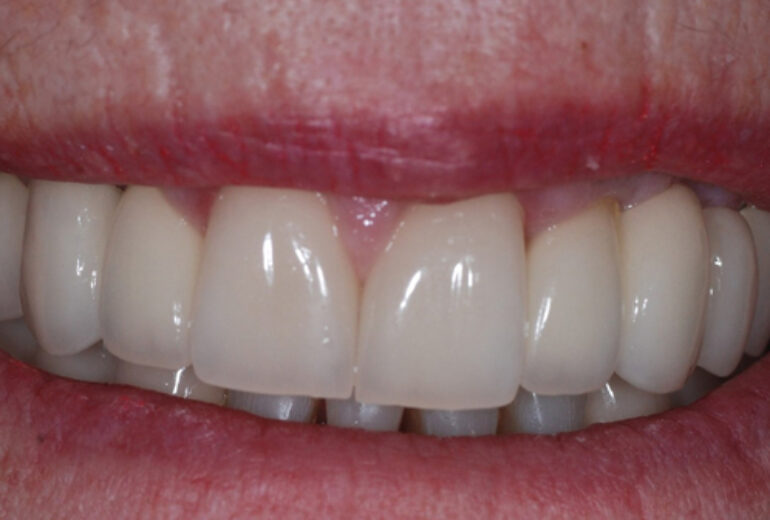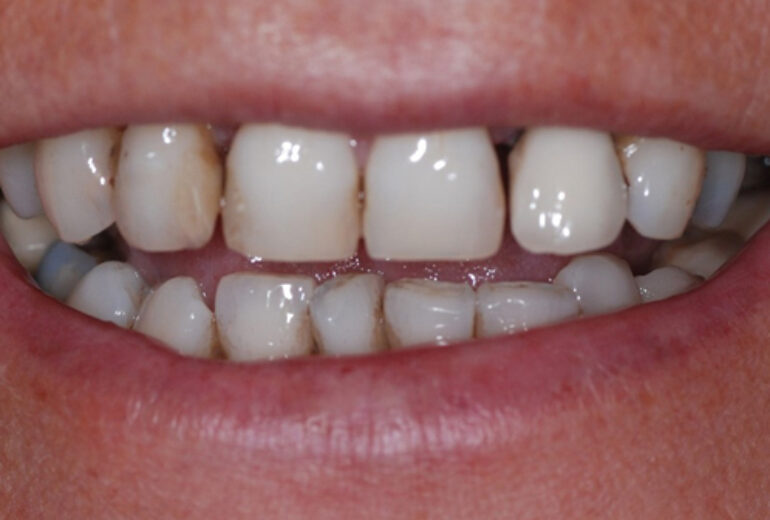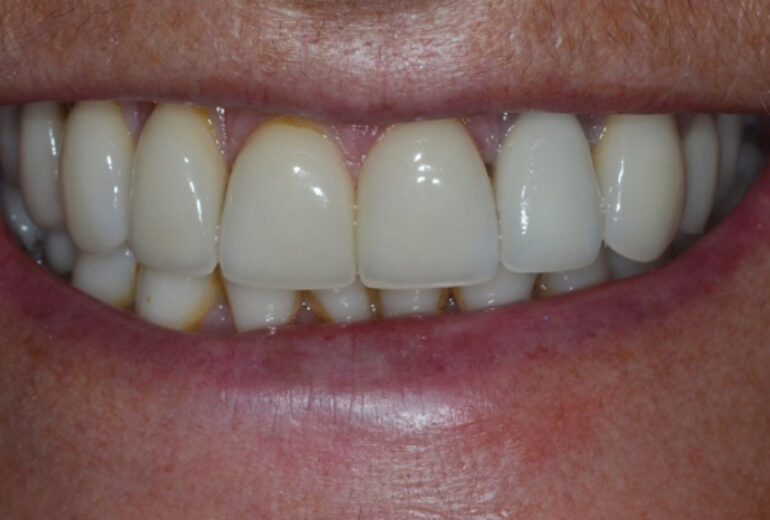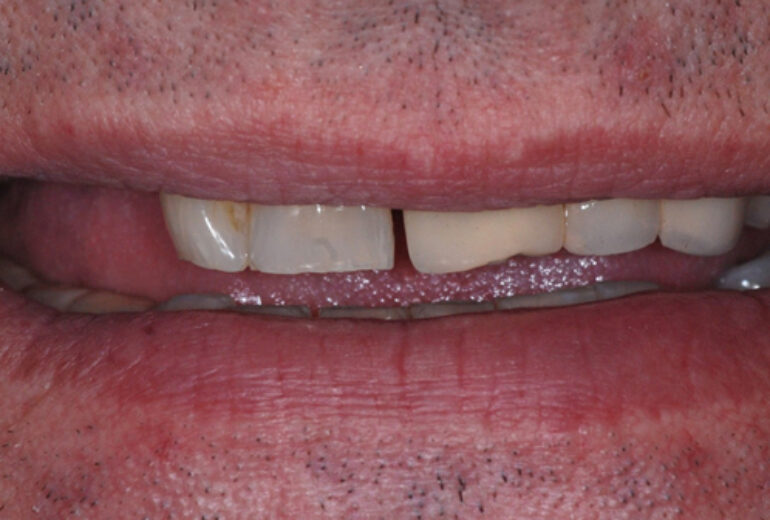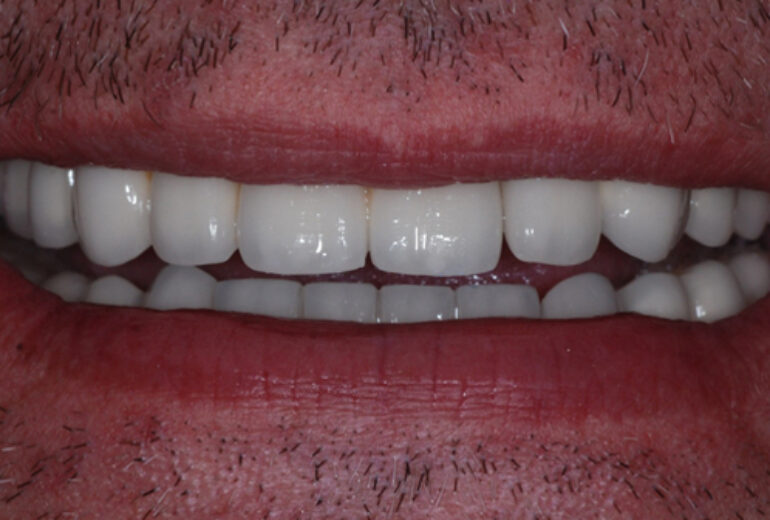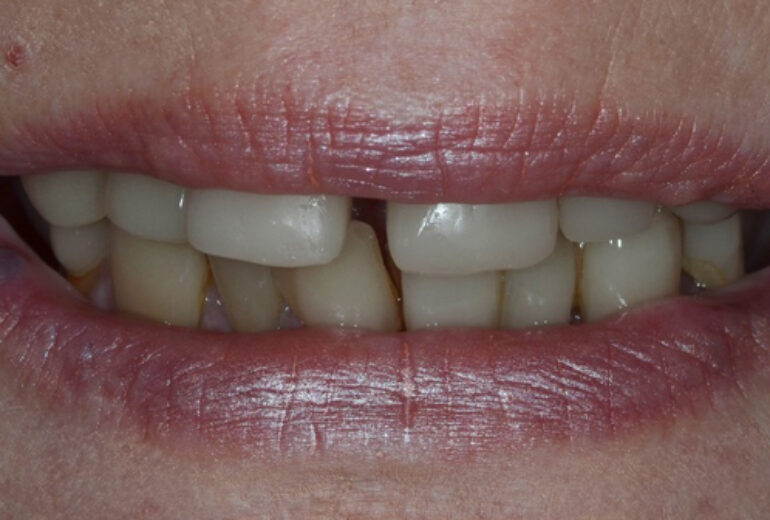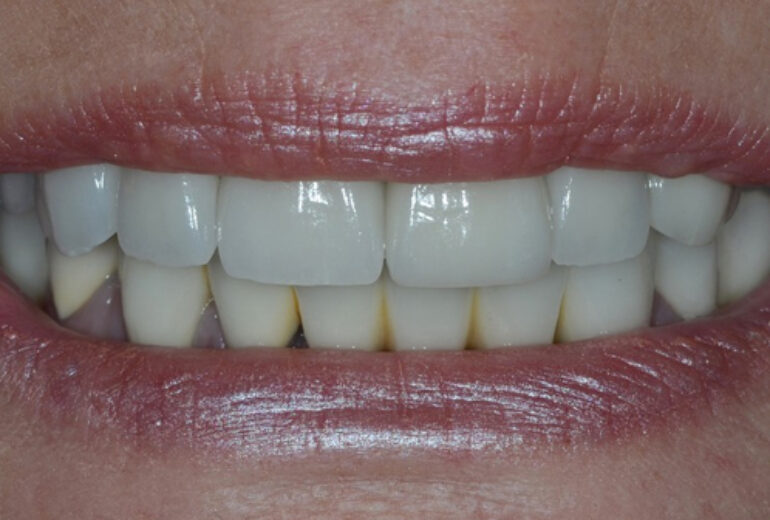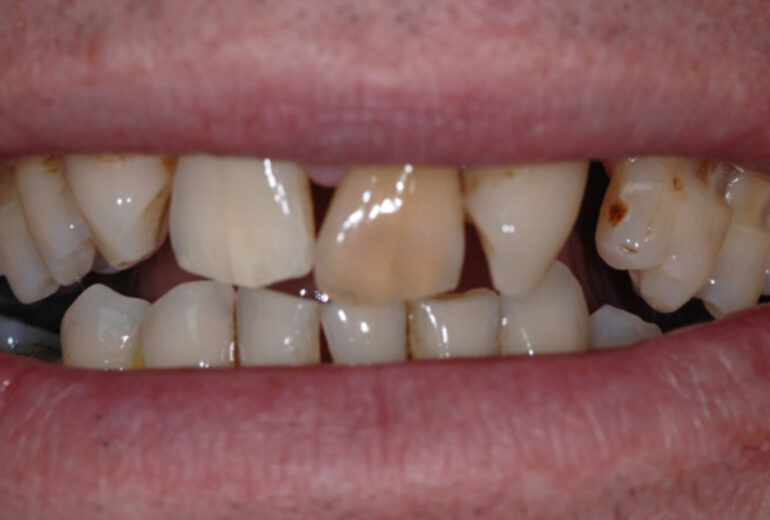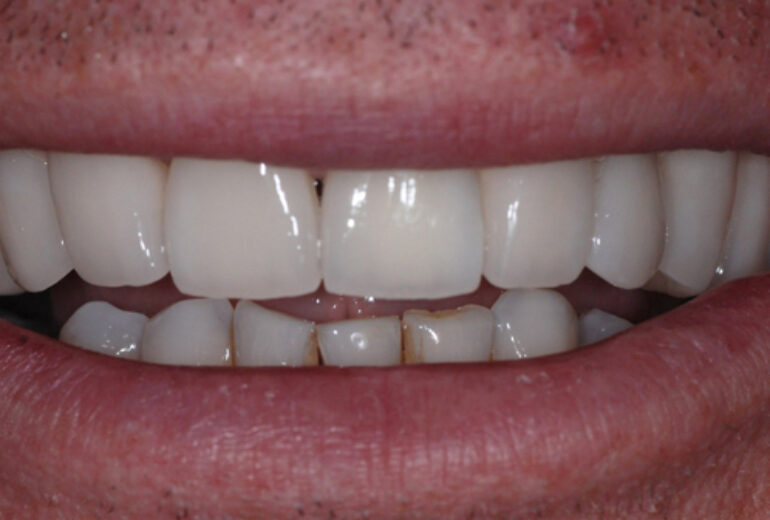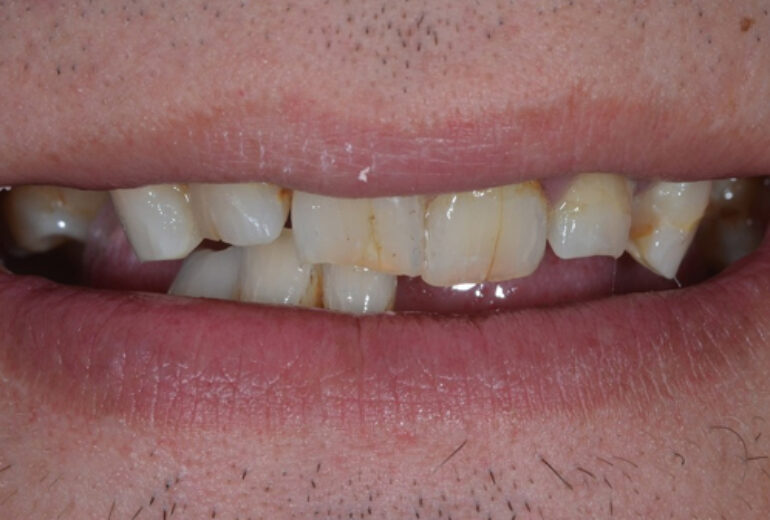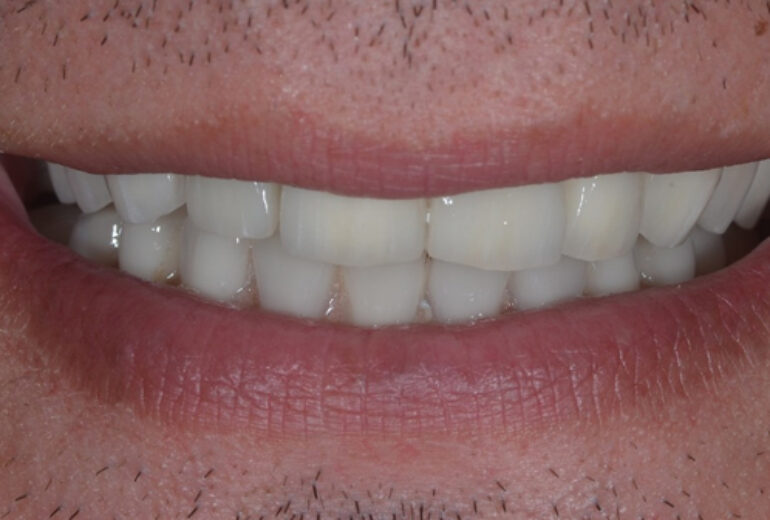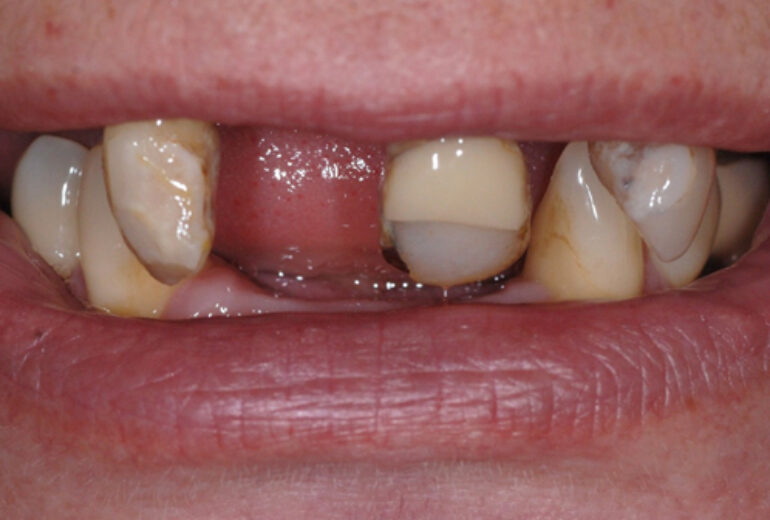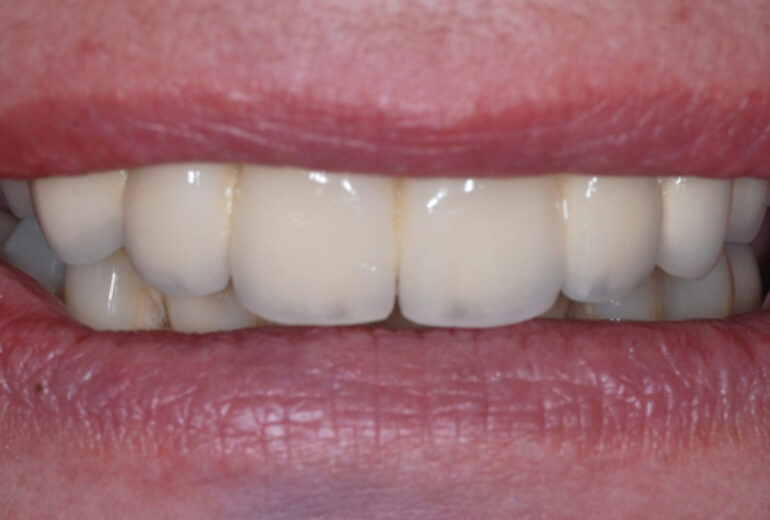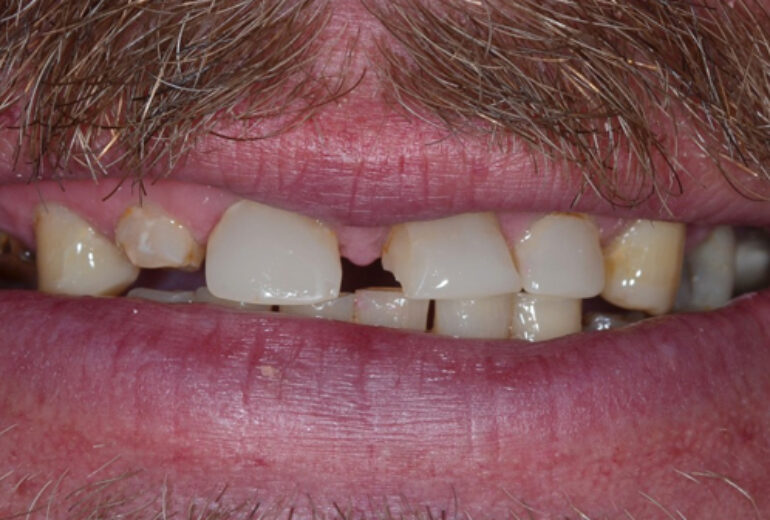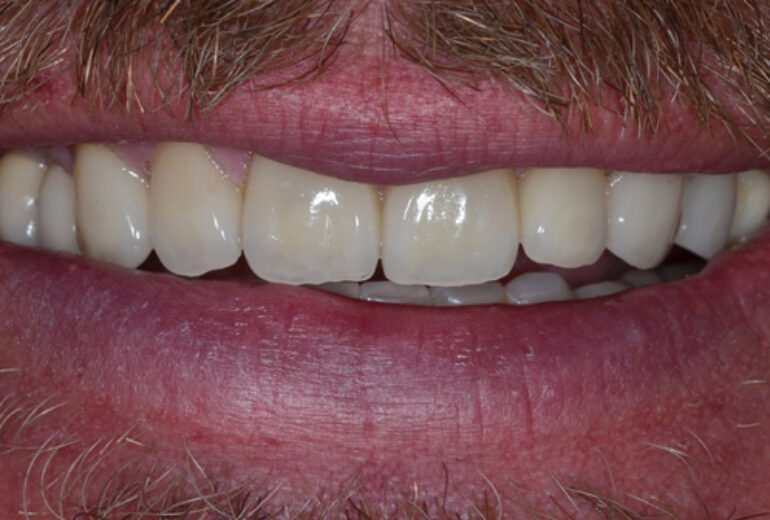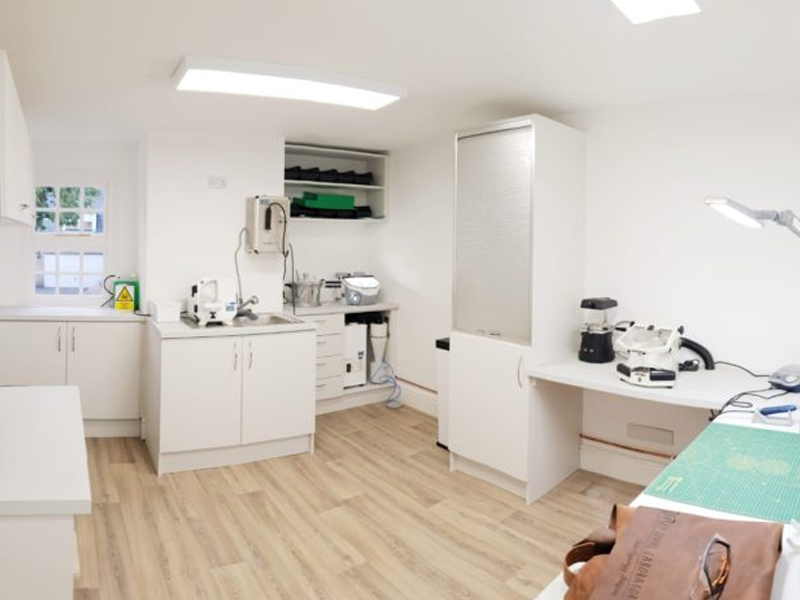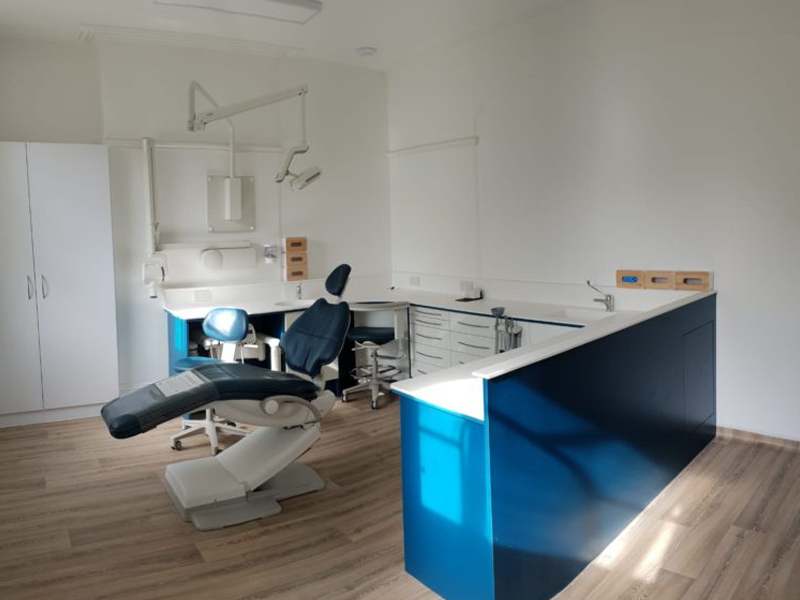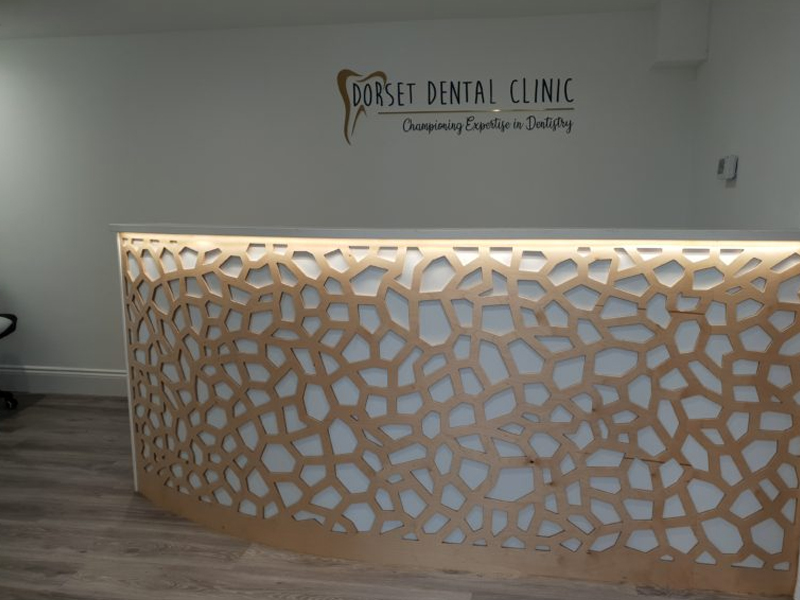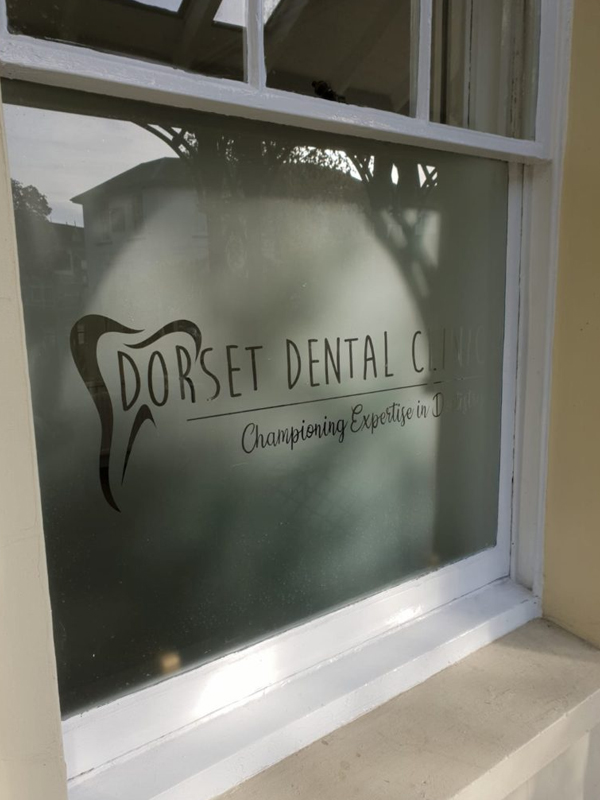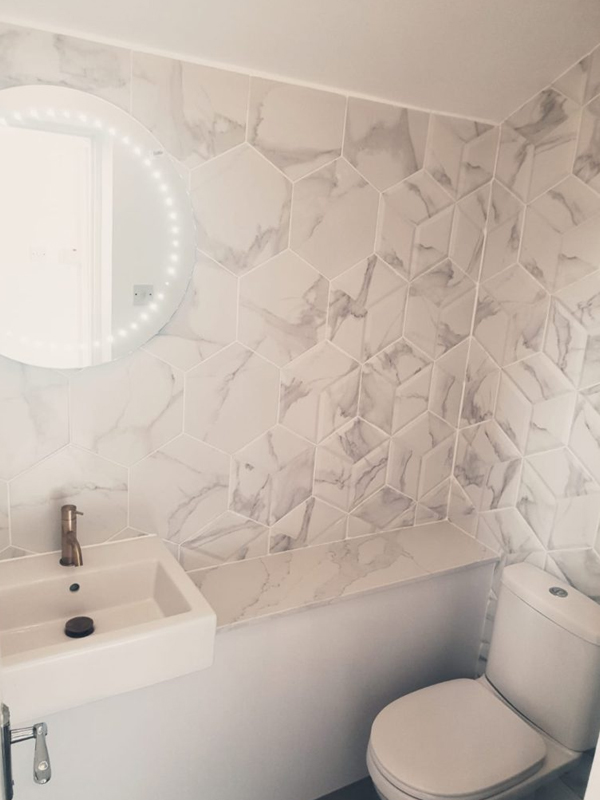In most cases, anyone healthy enough to undergo a general dental extraction can be considered for a dental implant; you should have healthy gums and enough bone to hold the implant. It is important to note that you will need to be committed to good oral hygiene and regular dental visits. Heavy smokers, people suffering from uncontrolled chronic disorders or patients who have had radiation therapy to the head/neck area will need to be evaluated on an individual basis. If you are considering implants, talk to your general dentist for a referral or call us for a chat.
Most people who have received dental implants say that there is very little discomfort involved in the procedure and less pain than a tooth extraction! Local anaesthesia will be used during the procedure, with oral sedation also a possibility, or IV sedation can be arranged if required.
You will be given medication to manage the soreness after the dental implant, which should only last a matter of days.
The first step in your dental implant journey is to work together to create a bespoke treatment plan. This plan will address your specific needs in an initial consultation with you and may take a digital scan to better assess your requirements. Your treatment plan will outline all your options, our recommendations, and the likely costs incurred.
Next, the implant (tooth root), which is a small post made of titanium, is placed into the bone socket of the missing tooth. As your jawbone heals, it grows around the implanted metal post, anchoring it securely in the jaw. The healing process can take from six to 12 weeks.
Once the implant has bonded to the jawbone, a small connector post — called an abutment — is attached to the post to hold the new tooth securely. To make your new tooth or teeth, your dental technician will take impressions of your teeth and create a model of your bite, which will be used to create an entirely bespoke crown or denture in our on-site lab. Your dental technician will match the colour and shape of the new teeth to your natural teeth.
It is also possible to retain and support a removable denture with specific attachments placed on the implants.
Dental implants require the same care as real teeth, including brushing, flossing, rinsing with an antibacterial mouthwash, and regular dental check-ups. For more information, please read our ‘Caring for your implants‘ fact sheet.
We at Dorset Dental Clinic understand that implants are a more expensive treatment option and that most people cannot commit to paying for the treatment upfront. We offer a number of solutions. The costs of your treatment can be spread out over the course of your patient journey with us by paying a set amount at each appointment. You can pay for each treatment as it happens, or you can take advantage of our payment plan, which allows you to pay monthly for your treatment over the course of 6, 12 or 18 months. For more information or to set up a payment plan, please speak to our reception team.
Success rates of dental implants vary, depending on where in the jaw the implants are placed, but, in general, dental implants have a success rate of up to 98%. With proper care, implants can last a lifetime.


